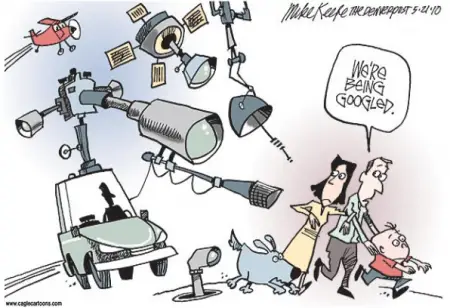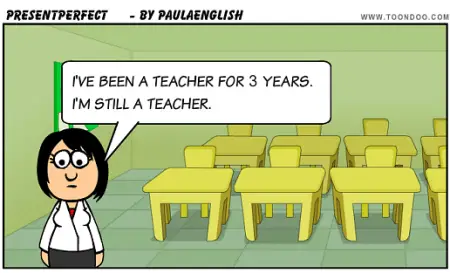The words “been” and “being” are two easily confused terms in the English language.
Both are participle forms of the verb “be” and follow auxiliary verbs. Now the question is, are they exactly the same? Although they do have similarities, the two words have different functions and are not interchangeable. This article will discuss the difference and uses of the words “been” and “being.
”
Summary Table
| Been | Being |
| Past participle of “be” | Present participle of “be” |
| Follows the auxiliary verbs “have,” “will have,” “having,” “has,” and “had” | Goes together with the verbs “is,” “am,” “was,” and “were” |
| Does not function as a noun | Also functions as a noun which means 1.) a person or 2.) state of existence; also a gerund |
Descriptions
Been is the past participle of “be.” It goes together with the word “have” and all its forms like “having,” “will have,” “has,” and “had.” Let’s look at some examples below:
- Stacy has been to Vietnam twice.
- I have been making and selling porcelain dolls for 17 years now.
- Tom, I apologize for not having been able to call you.
- They had been living in France for 34 years before they moved to Scotland.
- Draco and Luna will have been engaged for 2 years next month.

On the other hand, being is the present participle of “be.” It follows the verbs “is,” “‘am,” “was,” and “were” and is usually in a passive tone.
Here are some examples:
- Poor Stella! She is being taken for granted by Ted.
- Something feels off! I think I am being stalked!
- I’m sorry, I was being rude.
Additionally, “being” can also function as a noun which means:
- The state of being existent or real. For example: This change was brought into being by the collective efforts of many concerned citizens.
- A person. For example: Human beings are intelligent creatures.
It can also be used as a gerund, which is a noun formed by adding -ing to a verb. Here are some examples:
- Being ignored is one of my biggest pet peeves.
- Stop being paranoid! It does not make the situation better!
Been vs Being
What, then, is the difference between been and being?
“Been” is the present participle of “be” while “being” is the past participle of “being.” In formulating sentences using the two terms, remember that “been” follows “have” or any of its forms. On the other hand, “being” follows verbs like “is,” “am,” “was,” and “were.
”
Moreover, “being” is also a noun and a gerund. As a noun, it means a person or a state of being existent.
“Been,” on the contrary, only functions as a verb and not a noun.






